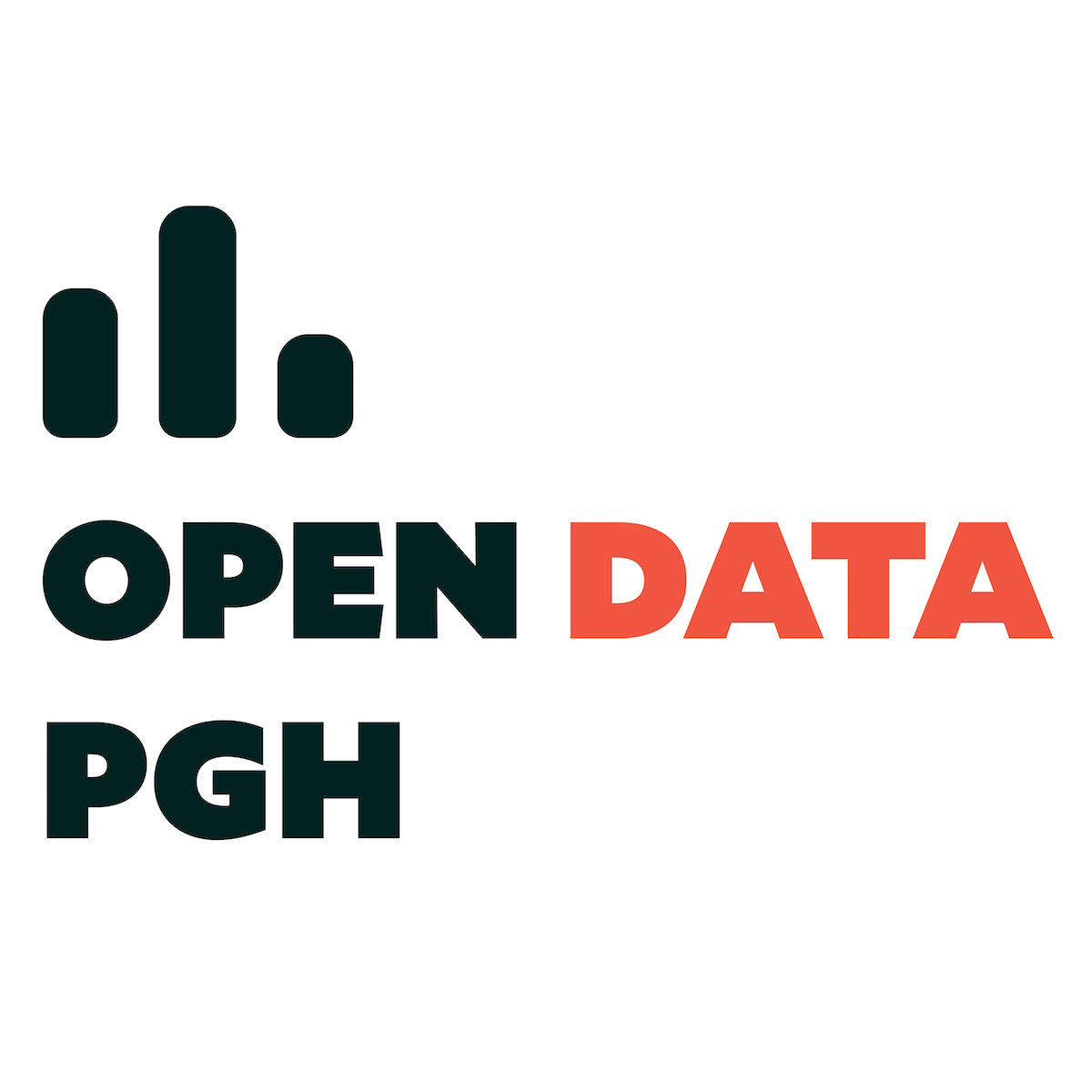Civic tech. Open data. Social enterprise. Social innovation.
These are buzzwords that often get thrown around in entrepreneurship and economic development circles, but rarely get defined. These words mean different things to different people, and we could spend a lot of real estate trying to precisely describe them. However, at Idea Foundry, we try to stay above the jargon and instead focus on what really matters: impact.
Plainly put, we believe tech and innovation should be used to solve real problems experienced by real people in our region. The process of designing solutions should also be open and accessible to everyone, not relegated to academia or left up to “the experts.”
To those of us experiencing a complex and vital problem, such as poor air quality, limited employment opportunity or lack of food access, the prospect of coming up with and building a solution that actually addresses it may seem unattainable, due in part to a perceived lack of access to the tools and resources needed to design and pursue new ideas.
We’ve seen what happens when homogeneous groups design solutions for the masses: We get products and platforms that don’t work for the diverse global majority.
On the other hand, experts on these issues tend to have deep knowledge and access to information about the problem, but often lack the expertise needed to build solutions that are fully appropriate to the community they’re trying to help. (We’ve seen what happens when homogeneous groups design solutions for the masses: We get products and platforms that don’t work for the diverse global majority.) This is because generally these two groups are not fluent in each other’s language, and are therefore missing out on opportunities to create inspired, effective solutions.
Idea Foundry’s entrepreneurship programs are meant to bridge those two worlds. The person who is affected by the issues first-hand becomes the expert, and the solution can grow directly out of the community. Our programs nurture this type of grassroots innovation, by investing startup capital and surrounding individual entrepreneurs with teams that provide hands-on, customized business development assistance to help turn their enterprise dreams into reality.
[Read Technical.ly’s Open Data PGH profile on PGH Lab, for which Idea Foundry is a “pipeline partner,” here.]
We know lack of access to capital is a real and persistent problem, especially among entrepreneurs who are underserved and underrepresented in the traditional startup and innovation ecosystems. This is why we launched our Equitable Entrepreneurship Program in early 2018 — to make sure that the tools that fuel innovation are readily available to all entrepreneurs who have great ideas but may not have the capital or support networks to help push those enterprises forward.
We think of our Equitable Entrepreneurship Program as an exercise in civic tech.
The Equitable Entrepreneurship Program is three months of targeted, tailored assistance to help minority and immigrant entrepreneurs build and launch their ventures, plus a cash investment to cover relevant startup costs. We’ve used this method for the last 15+ years to help hundreds of technologists and visionaries bring new ideas to market, shaping those ideas into viable businesses that generate livelihoods for themselves and others and impart positive impacts to society and the environment.
We think of our Equitable Entrepreneurship Program as an exercise in civic tech — putting the tools of innovation in the hands of those of us who care passionately enough to invent new ways of addressing lived problems and create lasting benefits that transform communities.
Anyone in Western Pennsylvania, whether a resident of the city or our surrounding rural counties, can apply to our programs to receive support and resources to validate their concept and bring their ideas to life. Minority- and immigrant-led ventures can apply to our Equitable Entrepreneurship Program through September 15 to be evaluated in our current application cycle.
If you have an idea to change the world, or simply the lives closest to you, imagine how far you could take it with the tools and capital to bring it to the next level.
Get Pittsburgh civic tech stories in your inbox weekly
This story appears as a part of Open Data PGH, a joint reporting project by Technical.ly and PublicSource on open data trends in Pittsburgh, underwritten by Heinz Endowments. Learn more here and get updates here.
Before you go...
Please consider supporting Technical.ly to keep our independent journalism strong. Unlike most business-focused media outlets, we don’t have a paywall. Instead, we count on your personal and organizational support.
Join our growing Slack community
Join 5,000 tech professionals and entrepreneurs in our community Slack today!

Entrepreneurship is changing, and so is the economic development behind it

Tech Hubs’ new $210M funding leaves Baltimore and Philly off the table

Here’s what to know before using AI to craft your brand’s social media posts

